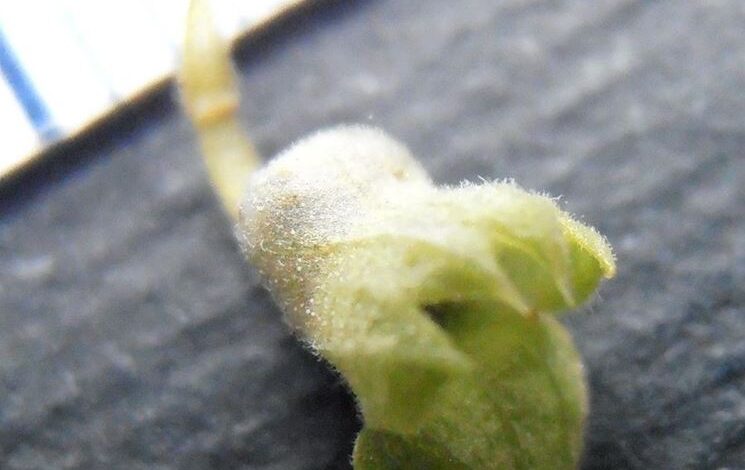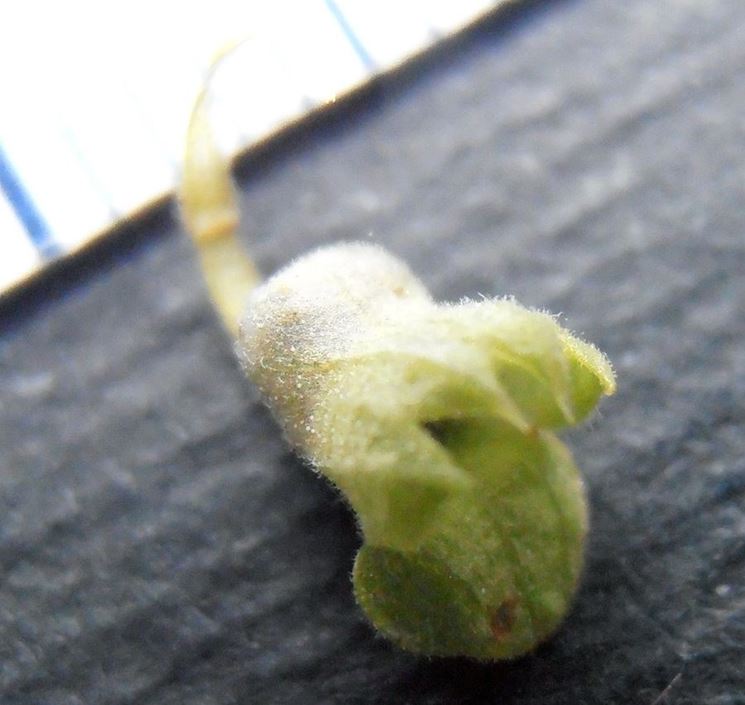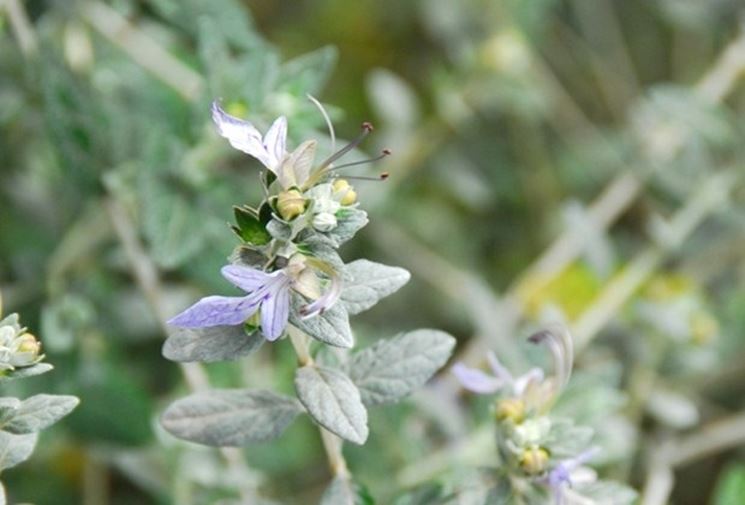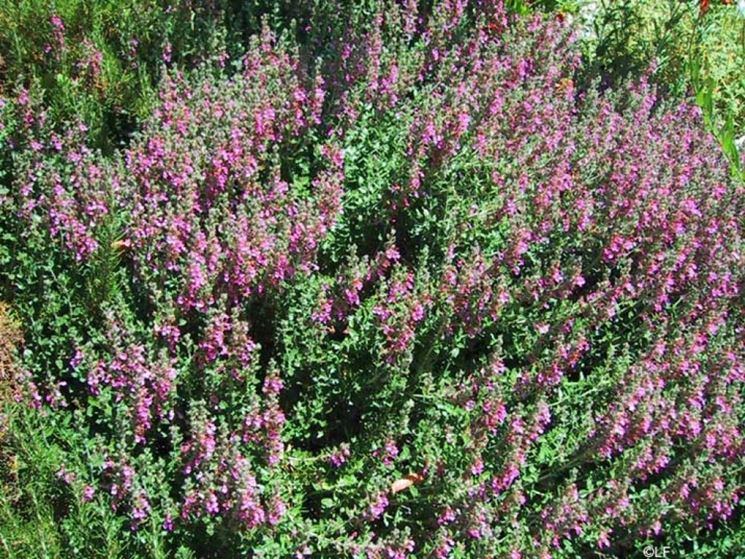Theucrius

Teucrio: general characteristics

The properties of Teucrio for folk medicine

Folk medicine attributed miraculous properties to theucrium, and used this plant to treat and combat certain ailments. Going to check the active ingredients of the theucrium we note in fact that this plant contains: tannins, flavonoids and essential oils, substances that are really beneficial for the human body. Precisely for this reason, in the past, theucrium was considered a very powerful medicinal plant, and its extracts were mainly used in the fight against intestinal disorders, since it was believed to have laxative properties. Tradition also attributed to this plant anti-inflammatory properties of the oral cavity, and was therefore used against toothache, gingivitis and stomatitis. Finally, it seems that the theucrium was even considered a liver purifier.
Teucrio: why shouldn’t it be used?

In reality, although, in fact, the theucrium contains some substances whose beneficial action for the human organism has long been proven; and although popular tradition, which is often a vehicle of ancient wisdom, considered the teucrio a valid medicinal plant, the danger of some of its components has recently been demonstrated. The high toxicity of this plant, which makes it fully assimilable to a poison, derives from the presence of harmful substances such as phenol-acids, lactonic diterpenes and above all neoclerodanic ones. The latter in particular are used by the plant as powerful pesticides and therefore are potentially deadly for humans. It is therefore recommended not to use tea-based products, avoiding all sorts of do-it-yourself products.
Teucrio: contraindications and prohibition of sale

But what could happen to our body if we take teucrio? In this case we cannot speak of undesirable effects but of fatal or very serious effects. Far from being a liver cleanser, as popular medicine wanted, theucrium damages this organ up to even causing necrosis. Diterpenes, in fact, are substances that damage and kill hepatocides, that is the cells that make up the liver. In the case of taking teucrium, two scenarios can therefore occur: the onset of acute hepatitis, or even that of fulminant hepatitis which immediately leads to death. The toxicity of teucrium was officially recognized only a few years ago: in 1996 the government included this plant in the list of poisons and banned its sale.




